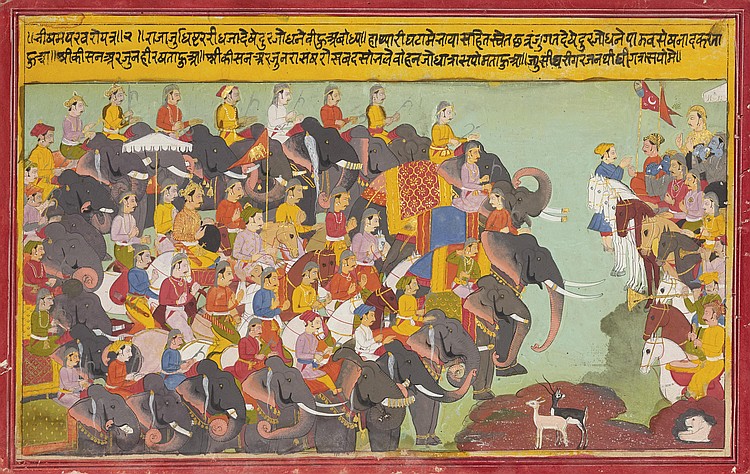Once upon a time, in the land of Hastinapur, a fierce battle was fought between two mighty families, the Kauravas,
and the Pandavas. The battle was known as the Mahabharata, and it lasted for 18 days, with numerous casualties on both sides.
The root cause of the war was the lust for power and wealth. The Kauravas were jealous of the Pandavas' prosperity and tried to usurp their rightful share of the kingdom. The Pandavas, on the other hand, were determined to regain their inheritance and prove their worth.
As the war progressed, it became clear that everything was about power. The Kauravas had a larger army and powerful allies, but the Pandavas had Lord Krishna on their side, who was the embodiment of divine power.
During the war, many warriors on both sides exhibited great power and strength. However, it was the power of karma that ultimately determined the outcome of the battle. The Kauravas, who were driven by greed and arrogance, suffered a crushing defeat, while the Pandavas emerged victorious, despite their smaller army.
The lesson from the Mahabharata is that power can be both a blessing and a curse. It can be used for good or evil, depending on the intentions of the wielder. However, the power of karma is more potent than any physical or material power. Our actions and intentions have a way of coming back to us, whether good or bad.
In the modern world, we can apply this lesson by recognizing that our actions have consequences. It is essential to strive for power and success, but not at the cost of our integrity and values. We must always act with honesty, compassion, and empathy, knowing that our actions will shape our destiny.


Comments
Post a Comment